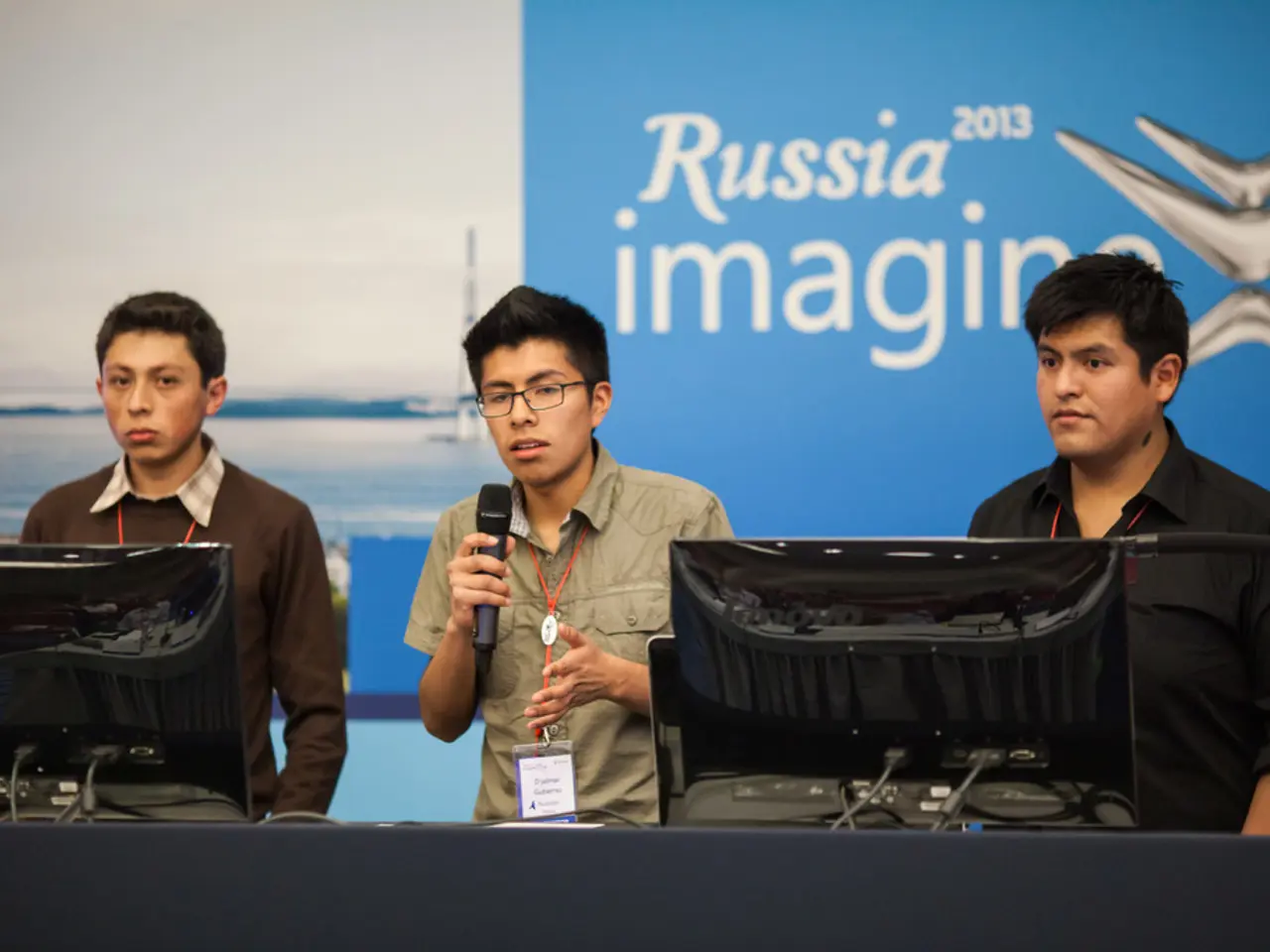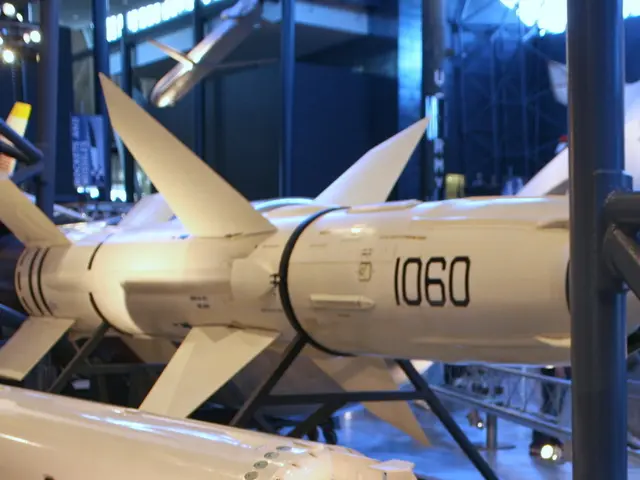Trump announces fresh strategy for Russian energy, according to Von der Leyen
In a significant development, European Commission President Ursula von der Leyen announced an initiative to accelerate the halt of all European oil and gas imports from Russia. This decision comes following a 'constructive telephone call' between von der Leyen and US President Donald Trump, where they discussed further steps to increase economic pressure on Russia.
Despite a significant decrease in imports since the start of the war, around 13 million tons of Russian crude oil still reached the European market in 2024. While Russian oil imports via ship have decreased sharply, Hungary and Slovakia continue to import Russian oil in significant quantities. Similarly, large quantities of liquefied natural gas from Russia continue to be imported into the EU, accounting for nearly 19% of all EU imports in 2024.
Turkey, a significant importer of energy from Russia, has not shown signs of wanting to quickly reduce its energy imports from Russia. This could potentially pose a challenge to the EU's initiative, as the energy dependence of certain countries like Turkey, Hungary, and Slovakia may lead to obstacles in completely phasing out Russian fossil fuel imports.
The EU Commission's previous plans aimed for no gas imports from Russia after 2028, and oil imports are set to be completely stopped by the end of 2027 according to these plans. However, the commission has now proposed speeding up this process to end Russia's war economy financing the bloodshed in Ukraine.
The 19th package of EU-Russia sanctions will particularly target Russia's banks, energy sector, and the use of cryptocurrencies to circumvent sanctions. This package is expected to further increase the economic pressure on Russia.
It is unclear whether an EU initiative alone would be sufficient, as Turkey, a NATO ally, imports large quantities of cheap energy from Russia. Trump previously linked further US Russia sanctions to European partners imposing high tariffs on Chinese imports and stopping Russian oil purchases.
The EU Commission did not provide details on the considerations for a faster exit from Russian energy imports. However, the commission's goal is clear: to end the financial support for Russia's war in Ukraine as quickly as possible.








